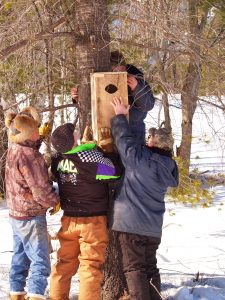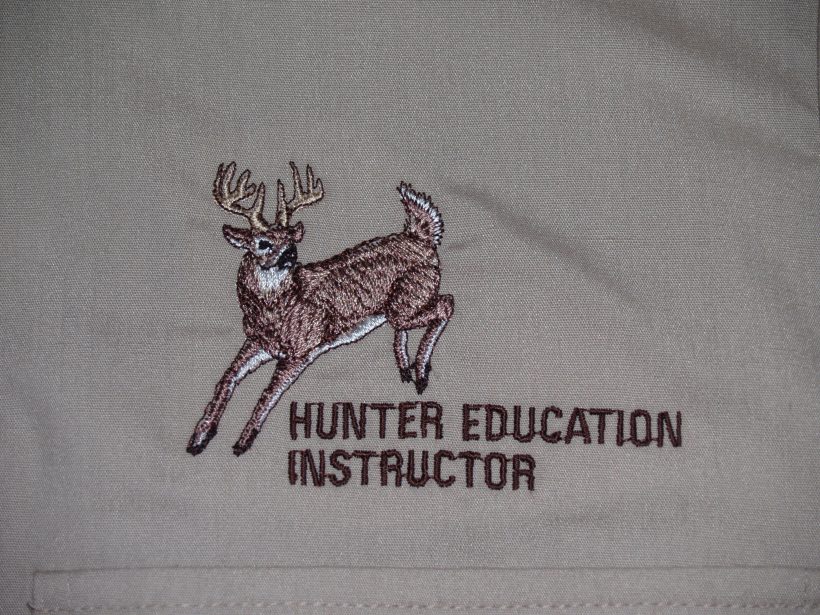The Stages of Hunting & Fishing
Apparently there are 5 stages of hunting. Fishing? We’ll see.
For a while “Foodies” became well known as people who wanted to harvest their own wholesome, nutritional game for the table. This movement resulted in many adults taking hunter safety courses so they could harvest and gather their own non-additive meat. From field to table.
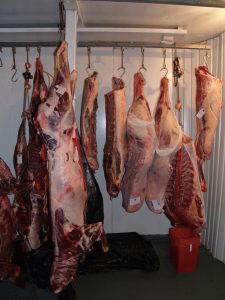
The 5 stages of hunting are: 1. The Shooting Stage. 2. The Limiting-out Stage. 3. The Trophy Stage. 4. The Method Stage. 5. The Sportsman Stage. You may or may not pass through each of these stages as you mature or evolve. For example you may never identify with the Trophy Stage. Such could also apply to fishing.
Many variables are at play and circumstances affect what stages you encounter and when. Some variables such as age, mentoring, time spent afield and other influences have such an impact.
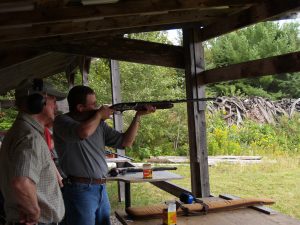
- The Shooting Stage
Gun safety is crucial and hunter education courses are essential. Never point a gun at anything you do not intend to shoot. I recall that during a hunter education exam a Conservation Officer tried tricking students. In his office he would hand a rifle to a student during the practical exam and if the student pointed the gun to an open office door and a person walked by it was an immediate fail.
Educational visits to a rifle range with instructors is also essential – and a lot of fun.
In short, learning to safely handle and shoot a firearm is crucial.
Same for fishing. Providing a youngster with good quality equipment and then teaching him or her to use it safely is a recipe for success. Crappy equipment only results in frustration for all concerned parties.
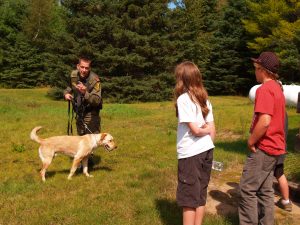
- The Limiting – Out Stage
I think this stage is preceded by going afield and harvesting an animal such as a rabbit or partridge for the pot. It is more about the positive, successful experience that culminates in cleaning and preparing the food. It is not just about ‘the kill’.
You may never feel the drive to shoot your limit as your exclusive goal. For many, like the ‘Foodies’ mentioned earlier, it is sufficient to provide nutritious, wholesome food.
For fishers there is catch and release perhaps while keeping some ‘for the pan’. Panfish, such as the prolific rock bass or sunfish, make for tasty eating. Youngsters, of all ages, enjoy catching panfish which provide fillets the size of a silver dollar. You need to catch a lot and it won’t decimate their numbers. As one ages and matures the patience required for other game fish develops and adds to your fishing enjoyment. Young folk especially need to catch fish. They don’t have the philosophical patience to sit and wait. Plus, catching panfish teaches how to respond when larger game fish take the bait.
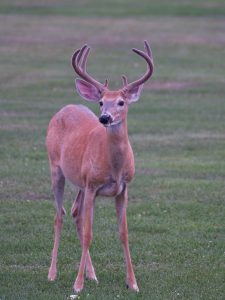
- The Trophy Stage
Some never become trophy hunters or fishers. It can be a very controversial stage. Killing just for the head rack is wasteful. Which is why fish & game laws make it illegal to waste meat.
Some wild turkey hunters are very responsible as they are required to travel to many different destinations in search of birds unique to that territory. They spend countless hours, money and personal resources in quest of such challenging trophies. Ditto for fishers. The muskie is known as the fish of 10,000 casts. Meaning, it requires much dedication to catch a muskie and most are live released. To save any controversy it is probably best not to be known as a trophy hunter.
- The Method Stage
This stage requires a lot of research, time studying, practising and hours of field work. You literally become immersed in wildlife studies, in the out of doors and probably t’is the most challenging and fulfilling stage. It’s is all about ‘How’.
Hunters and fishers find much satisfaction in understanding the behaviour of their quarry and by strategically putting that theory into practice. At this stage the hunter/fisher will limit him or herself to using specific equipment – such as a bow or fly rod for example, both of which require much committed practice. A number will learn to make their own ammunition or tie a fly. Taking game is second to the challenge of ‘how’ you take it.
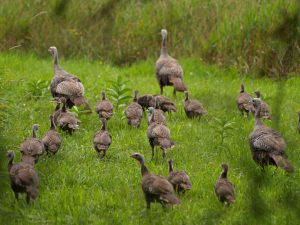
I might add that some take great pleasure in taking game with their camera as well. Sneaking up on a flock of wild turkey, sunning themselves during a quiet afternoon, then silently retreating with your photos, the birds totally unaware, creates a ‘high’ of its own.
- The Sportsman Stage
This encompasses the actual hunt, what game is being hunted, how it is hunted, the social camaraderie and complete immersion in the out of doors. It is the ‘total package’. For some this stage represents a mellowing of a hunter’s drive. For others it is a level of sophistication that enhances the mature experience.
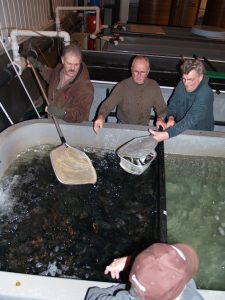
This stage can involve a number of varied experiences such as becoming a hunter education instructor to pass on your knowledge and experience. You may become a mentor to a new hunter. ‘Foodies’ certainly would have appreciated this; not just youngsters.
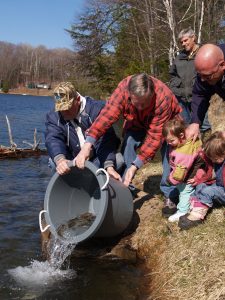
You may volunteer to help conservation groups such as at fish hatcheries or culture stations as they are frequently called. This is probably the most important stage as it is no longer just ‘about you’. And don’t forget your camera!
